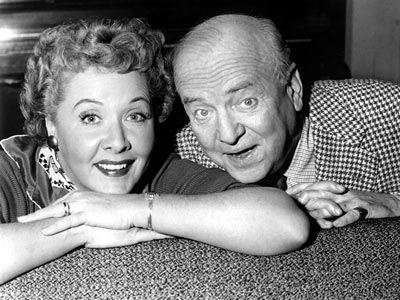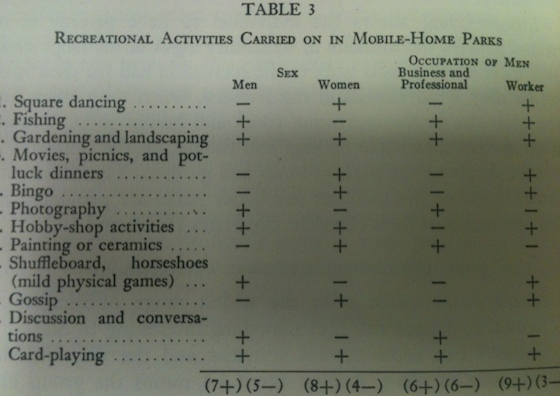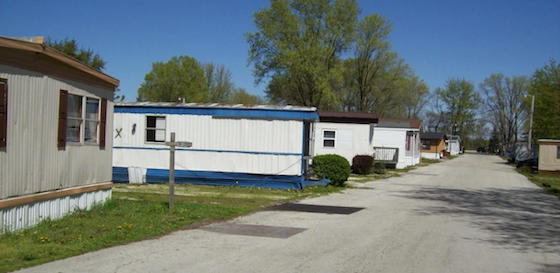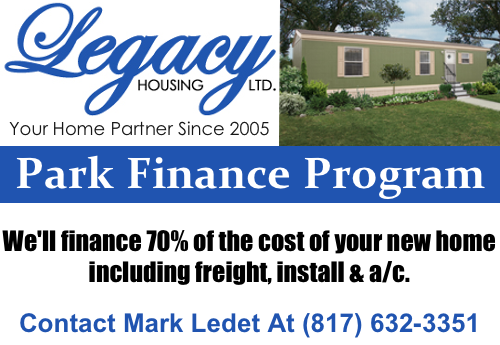The National Communities Council (an affiliation of park owners through MHI) is having their event this month in Chicago. We were shocked to see that six hours of the speeches were from the Ritz Carlton on how to achieve a high level of customer service and satisfaction. While we used to mock such apparent off-base commentary on an industry that thrives on folks who classify Taco Bell as fine dining (although we have to admit the Loco Taco is a wonderful item), you will find us taking such novel industry conversation much more seriously these days. We have determined that the most important step to hitting maximum park values – as important as pushing rents and filling lots – is to have the industry become accepted as mainstream real estate. If you look at the self-storage industry, for example, you will find that, although it is not any older than our industry, they have succeeded in convincing Wall Street that they are a fine investment option and pushed cap rates down to 6% in many markets (similar to office, retail and apartments). So how do we get mobile home park cap rates lower when we go to sell our parks? Well, doing a better job of convincing the investment community that mobile home parks are not about hillbillies and beer would be a great start. So, while we don’t personally think that trying to emulate the Ritz Carlton is our goal as mobile home park managers, simply linking the industry with a 5-star hotel chain is not bad P.R. Watch the November newsletter for feedback on the NCC event, in case you don’t have a chance to go.




